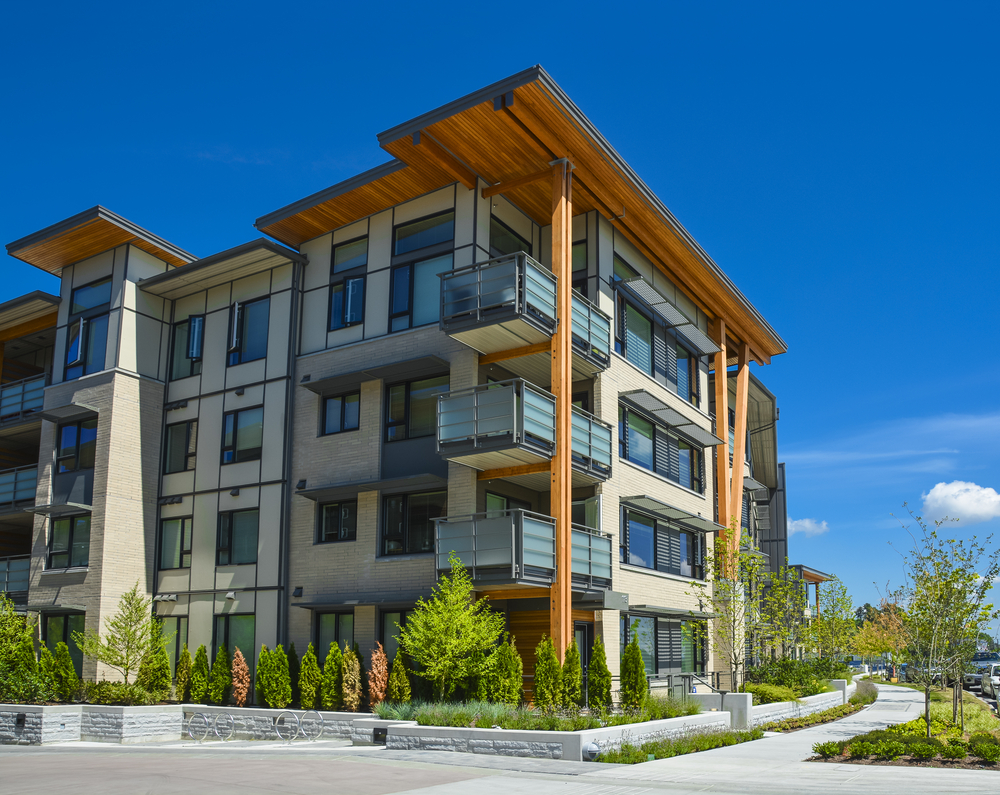9 hidden costs of buying your first home in Australia

When budgeting for a first home, it’s clear that you need to take into account the cost of buying the house and any renovations you have in mind. However, there are usually a few more costs involved.
The good news is that when you know to expect extra costs, you can plan for them and won’t be caught unaware when it comes time to make those payments.
Be sure to keep these 9 hidden costs of buying a home in mind so you can be sure they fit in your budget.
1. Home insurance (Building Insurance)
Home insurance isn’t just something you need to take care of once you’ve moved in. You’ll need to organise it for the day you settle the property, even if you’re not planning to move in for a while.
This is important because anything could happen, even from the moment you sign the dotted line — and you need to make sure you’re covered for the unexpected just in case.
Tip: Consider bundling your home and contents insurance together for a better deal.
2. Lenders Mortgage Insurance (LMI)
Lenders Mortgage Insurance is a one-off payment you might have to pay if you don’t have a big enough deposit for your home loan. This is designed to help protect your lender (usually a bank) in case you are unable to repay the mortgage.
For example, most banks will require a 20% deposit for a property purchase. If you have saved 20%, you likely won’t need to pay Lenders Mortgage Insurance.
However, if you have only saved 10% but have found the home of your dreams and want to purchase now, your bank may need to add on Lenders Mortgage Insurance in order to loan you the remaining 90%.
3. Stamp duty
Stamp duty is one of the largest fees associated with buying a home outside of the deposit. This is essentially a tax charged when you purchase a property.
The good news is that if you’re a first home buyer, you may be eligible for a grant or exemption.
The costs vary between states and territories and can change often, so be sure to check if you will be required to pay stamp duty and how much you can expect to be charged. Hop on to our stamp duty calculator for a quick estimate of how much stamp duty you’ll need to pay when buying your next home.
4. Moving costs

Even if you plan to do most of the shifting yourself, there are still moving costs to take into account.
This includes everything from buying boxes, bubble wrap, and packing tape, to hiring a truck, paying for movers, and shouting all of your friends pizza and beer for helping on the day. Fortunately, these costs are generally relatively low, but it’s a good idea to set aside some cash for the event.
If you’re buying new furniture, you’ll also need to account for that in your budgeting mix.
5. Rates
Local council rates help to pay for things like local roads and footpath maintenance, upkeep of parks and gardens, animal control programs, coastal protection, and much more.
These costs will vary depending on your local council. As an example, South Australian homes pay an average of $29 per week in rates, while NSW rates can be upwards of $1,810.29 every year ($35 each week). Carefully read your contract of sale to see how much you will be expected to pay each quarter, and keep in mind that some of this may be due upon settlement.
6. Strata fees

If you’re purchasing a unit on a shared property, such as an apartment in a larger building, you will likely need to pay strata fees every quarter, beginning from when you move in.
These fees vary significantly depending on the building and the services provided. For example, an apartment building with multiple elevators, a gym, a pool, and a rooftop garden will typically cost more in strata fees than a no-frills building. Strata covers maintenance, cleaning, and other building amenities.
7. Lender fees
Lender fees include settlement, application, and legal fees, and can add several hundred dollars to your moving costs. This is essentially part of the cost of obtaining a mortgage.
When it comes to additional fees when buying a home, lender fees are not one of the bigger ones, but it is best to be prepared for them.
8. Inspection fees
When you get to the stage where you are serious about making an offer on a property, a professional inspection can be a valuable investment.
A building inspector will check for things you might not think (or know) to, such as:
- Water penetration
- Structural movement
- Dampness or mould
- Pest infestations (including past infestations)
- Problems with drainage
- Deterioration and decay
This will give you peace of mind that you won’t be dealing with a costly repair just months after you move in that you might have been able to avoid with an inspection.
9. Legal fees
Often known as conveyancing fees, your legal fees will cover the cost of a solicitor or conveyancer to review your contract of sale and assist with tranfferringthe official ownership of the property from the seller to you.
There are no set fees for this service, but it can add approximately $1,000-$2,000 to your moving costs, making it one of the larger hidden costs of buying a home.
Looking to purchase a home? Rateseeker’s mortgage broker team will help guide you through every step of the process, from finding the sharpest home loan rate to supporting you throughout the application and settlement process, Contact us today to find out more.
** General Advice Warning
The information provided on this website is general in nature only and it does not take into account your personal needs or circumstances into consideration. Before acting on any advice, you should consider whether the information is appropriate to your needs and where appropriate, seek professional advice in relation to legal, financial, taxation, mortgage or other advice.




